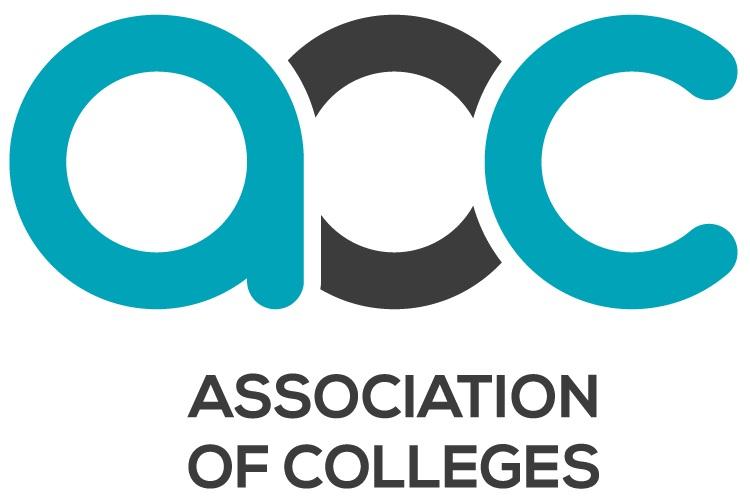AoC – The role of the Office for Students

The Education Committee has today (8 Dec) published the written evidence for its inquiry into value for money in higher education.
Below is the written evidence from AoC regarding the role of the Office for Students:
The Office for Students takes over responsibility for regulating HE in 2018 but it shares territory with UK Research and Innovation and with further education (FE) regulators. Unlike Scotland which has a joint funding council or Wales which is about to put one into place, England has overlapping HE and FE systems.
The agencies work in parallel and occasionally co-operate. There is, for example, a concordat between HEFCE and Ofsted which determines that the former will oversee degree apprenticeships whereas the latter will inspect higher apprenticeships. There will be joint oversight where an apprenticeship has a mix of qualifications.
Parliament recently approved legislation to update the regulation of HE. There is no prospect of new legislation in the short-term, but the Government missed an opportunity by its decision to reform HE regulation without properly considering the interaction with FE. OfS is tasked with introducing a single coherent regulatory regime for HE providers in a system where almost 200 of those providers (colleges) are already tightly regulated by other government agencies.
DfE intends OfS to charge subscriptions to cover its costs (up to £30 million a year). An obvious value for money concern for colleges is making sure that the office’s oversight and its charges make use of existing FE systems to save work and cost.
One early priority for OfS will be to ensure continuity of learning for students and to ensure this is maintained in cases of course closure and provider exit. The growth in the number of students in profit-making providers and the financial pressures on all institutions mean this will be a growing issue.
Colleges have experience of a more volatile market in FE and have worked with funding agencies to maintain continuity for learners. One obvious risk is that compliance costs will rise. If so, this would be particularly problematic for colleges with small HE cohorts in places like Devon, Cumbria and Lincolnshire where there is relatively limited university provision.
Colleges generally offer Higher National Certificates (HNCs), Higher National Diplomas (HNDs) and Foundation Degree programme qualifications at a lower cost than HEIs. In order that colleges can offer value for money to students and employers who often support employees to study at FE colleges, it is important that the cost of delivering HE does not rise significantly when OfS assumes it role as the regulator. The registration fee for OfS must therefore reflect the smaller size and lesser income for HE in colleges.











Responses